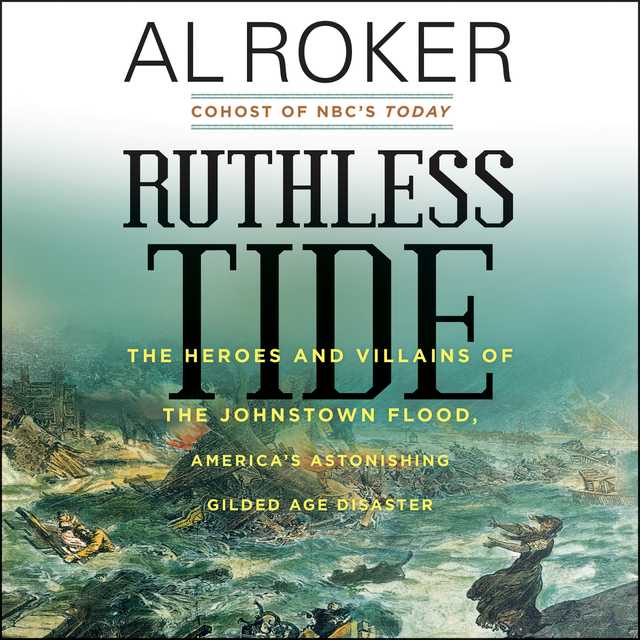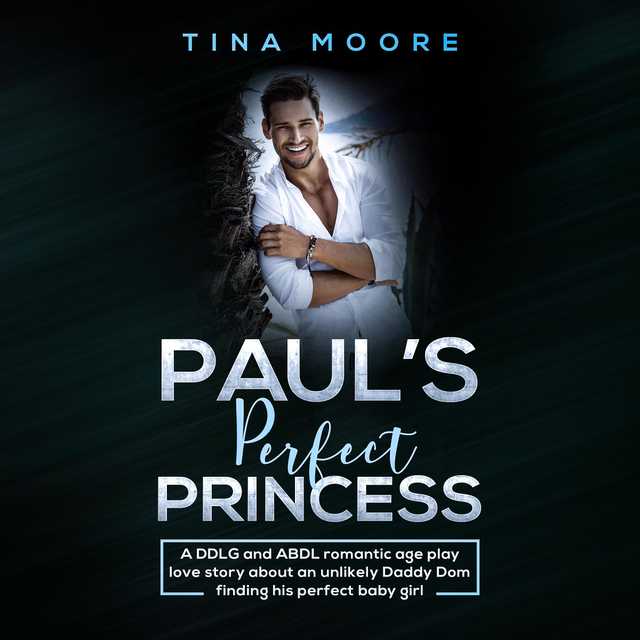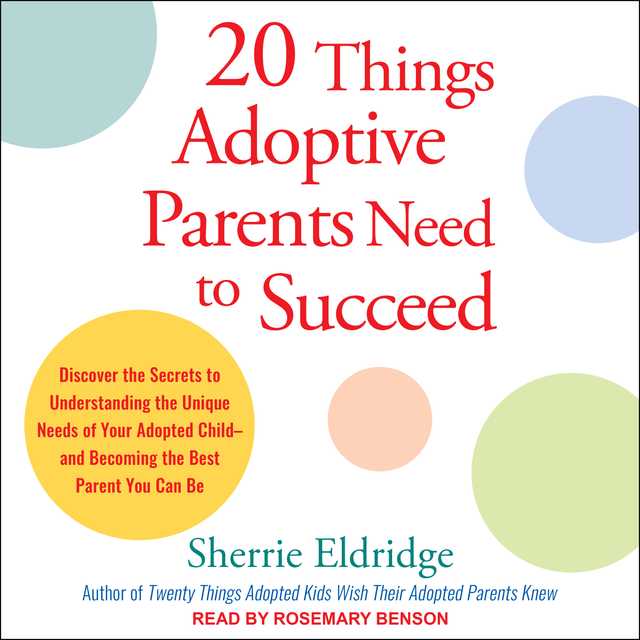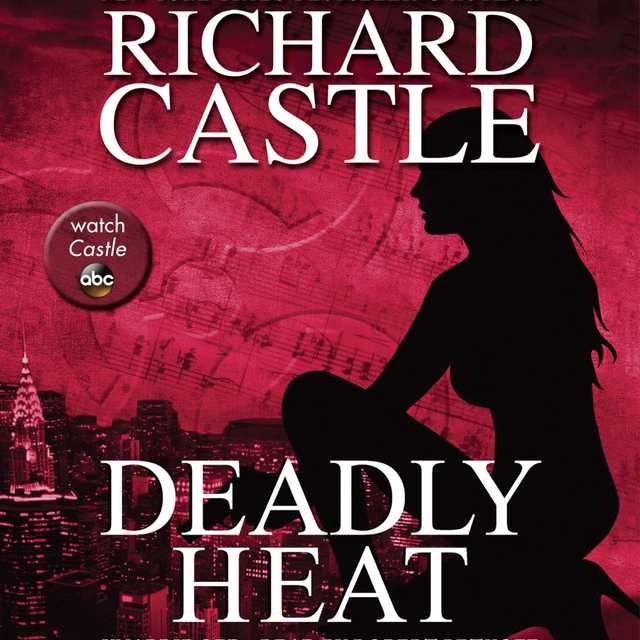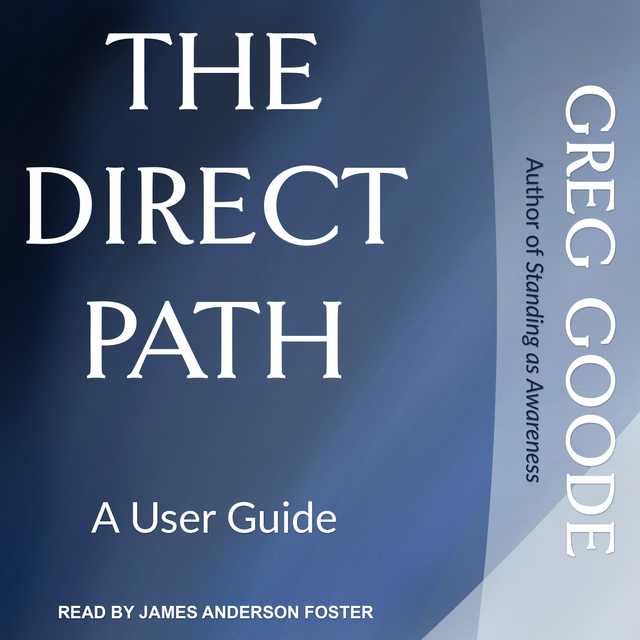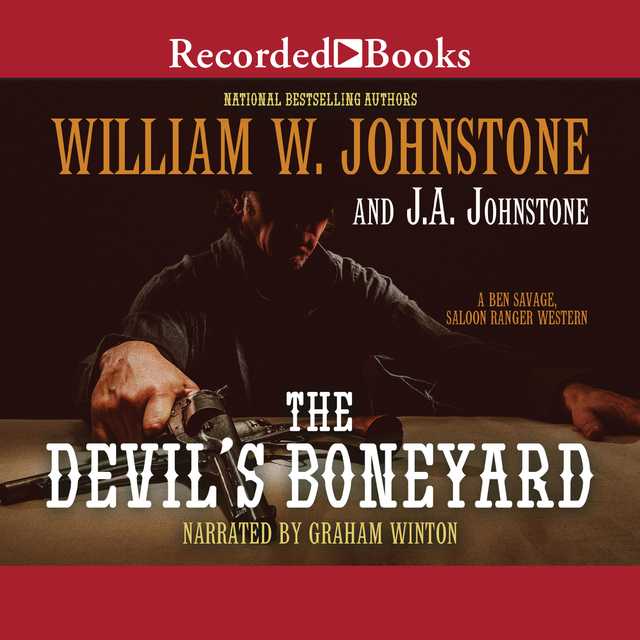Ruthless Tide Audiobook Summary
A gripping narrative history of the 1889 Johnstown Flood–the deadliest flood in US history–from New York Times bestselling author, NBC Host, and legendary weather authority Al Roker.
May 1889: After a deluge of rainfall–nearly a foot in less than twenty-four hours–swelled the Little Conemaugh River, panicked engineers watched helplessly as swiftly rising waters threatened to breach the South Fork Dam in central Pennsylvania. Though they telegraphed neighboring towns on this last morning in May, warning of the impending danger, residents, used to false alarms, remained in their homes.
At 3:10 P.M., the dam gave way, releasing twenty million tons of water. Gathering speed as it flowed southwest, the deluge wiped out entire towns in its path and picked up debris–trees, houses, animals–before reaching Johnstown, fourteen miles downstream. Traveling forty miles an hour, with swells as high as sixty feet, the deadly floodwaters razed the mill town–home to 20,000 people–in minutes. The Great Flood, as it would come to be called, remains the deadliest in US history, killing more than 2,200 people and causing seventeen million dollars in damage.
Al Roker tells the riveting story of this tragedy, which remains one of the worst weather-related disasters in American history. Ruthless Tide follows a compelling cast of characters whose fates converged because of that tragic day, including John Parke, the engineer whose heroic efforts failed to save the dam; Henry Clay Frick, the robber baron whose fancy sport fishing resort was responsible for modifications that weakened the structure; and Clara Barton, the founder of the American Red Cross, who spent five months in Johnstown leading one of the first organized disaster relief efforts. Weaving together their stories and those of many ordinary citizens whose lives were forever altered by the event, Roker creates a classic account of our natural world at its most terrifying.
Other Top Audiobooks
Ruthless Tide Audiobook Narrator
Mirron Willis is the narrator of Ruthless Tide audiobook that was written by Al Roker
Al Roker is cohost of NBC’s Today. He has received thirteen Emmy Awards, ten for his work on Today. He is the author of The Storm of the Century, an acclaimed history of the 1900 Galveston hurricane. He lives in Manhattan with his wife, ABC News and 20/20 correspondent Deborah Roberts, and has two daughters and a son.
About the Author(s) of Ruthless Tide
Al Roker is the author of Ruthless Tide
More From the Same
- Publisher : HarperAudio
- Abraham
- American Gods [TV Tie-In]
- Dead Ringer
- House of Sand and Fog
- Prey
Ruthless Tide Full Details
| Narrator | Mirron Willis |
| Length | 8 hours 27 minutes |
| Author | Al Roker |
| Category | |
| Publisher | HarperAudio |
| Release date | May 22, 2018 |
| ISBN | 9780062682215 |
Subjects
The publisher of the Ruthless Tide is HarperAudio. includes the following subjects: The BISAC Subject Code is Natural Disasters, Nature
Additional info
The publisher of the Ruthless Tide is HarperAudio. The imprint is HarperAudio. It is supplied by HarperAudio. The ISBN-13 is 9780062682215.
Global Availability
This book is only available in the United States.
Goodreads Reviews
Lianne
September 17, 2018
This book is an excellent excoriation of capitalism and I was thoroughly engaged.“The horror of the disaster, the worst ever seen in the US, was making its painful losses and thrilling rescues front-page news anyway, but the story of the industrialists’ heedlessness, in their pursuit of fun, leisure, and the restoration of their souls, wiping out the lives of people who worked below in the very industries that made the millionaires’ millions, was so genuinely outrageous, so truly stark, that outrage flowed freely from the pens and banged hard from the typewriter keys” (p. 251 of hardcover)This book bridges genres between history and human interest. If you are purely interested in history, the human interest might frustrate you. If you’re not much of a history person, you may find certain parts a little dense. The only part of this book I really didn’t like was the opening, which I found to be very manipulative. There was one part during the history of the steel industry where I skipped a couple of paragraphs because it was too dense for me (I am not a history person in general). And if you’re super into capitalism, I doubt you’ll like this book :). Overall, I found this book completely fascinating. The actual account of the flood was gripping and terrifying. He really drives home the measure of the disaster and where the blame for it lies: it is an “unnatural disaster,” and if you are like me you will be thoroughly and appropriately outraged at the degree of criminal negligence that caused the flood to happen. The book is also a very critical examination of capitalism in general. It’s a story of how the richest among us get rich off of conditions which destroy the planet and create horrible living conditions for workers, and then use their money to escape into nature that hasn’t been destroyed yet—in this case, at the cost of thousands of lives. If you are reading the reviews of this book you will see an accusation of inaccuracy regarding when the dam was first built. However, the inaccuracy referenced is addressed in the book in detail. Roker KNOWS there was a dam at the site previously, and that it was built over (pgs. 68-70 of the hardcover edition). I resent this false accusation not only because it’s wrong but also because this book is THOROUGHLY researched to a degree that I find awe-inspiring. I have so much respect for Roker for telling this story so well.
Becky
July 20, 2018
First sentence: "Johnny, who made the world?" The Sunday School teacher asked. That was easy. "The Cambria Iron Company!" the boy replied. That's the story they like to tell, anyway, in and around Johnstown, Pennsylvania, in 1889. Little Gertrude Quinn was only six that year, and even she, like the fictitious Johnny, knew how important iron and steel and the Cambria Works were to the life that she, her family, and everybody they knew were living here in the deep valley of the Conemaugh River under the abrupt rise of the Allegheny Mountains.Premise/plot: Ruthless Tide is a new nonfiction book about the Johnstown Flood. The first third is about what led to the disaster. The iron and steel industry. The erosion of the land. The building of the dam and lake. The selfishness then negligence of the sports club. This section includes mini-biographies of men like Andrew Carnegie, Daniel J. Morrell, Benjamin Ruff, Henry Clay Frick, etc. The second third is about the disaster itself: first the flood, then the dam breaking, and finally the fires that burned as a result of the destruction. This section introduces or in some cases reintroduces readers to the men, women, and children of the town(s) in the path of the monster. It is a limited account, but, better to follow a few accounts that are based on published accounts than to follow hundreds of fictional accounts. The last third is devoted to the aftermath of the disaster. It's titled" Justice and Charity." Here readers see the Red Cross stepping into the scene of a disaster and gaining attention and respect for their relief response. Also readers read not of the justice of the legal system but the injustice of it.My thoughts: I read this in one evening. I found it an interesting read. I've read reviews criticizing the writing, but for me I wasn't paying attention to the writing but to the content.Do I ever read a book and count the words in a sentence? Do I ever consider the length of the sentences in any given paragraph? Am I hyper-critical of any writer? Oh, that sentence would have sounded better if it had had seven words instead of five.Perhaps just perhaps people are super-critical of the "writing" because of the author being a celebrity, Al Roker.
Patty
June 01, 2018
Extremely well written. Roker brought to life the emergent issues of the day and the importance of decisions and their consequences. Today Johnstown is a strong, proud and beautiful community with a unique history.
Amanda
March 31, 2019
This is a fascinating telling of an event in American history that I've never heard of. The first third was kind of slow going for me. A lot of back story and set up. The second third was a great page turner. The last was interesting, & heart breaking. I feel like I learned a lot from this book.
Lowell
June 30, 2018
A very fast read. Very personal in style, a good supplement to David McCullough's work.
Dan
June 27, 2018
This book was well written and expanded greatly on David McCullough's excellent "The Johnstown Flood." Other reviewers were critical, but I really appreciated Roker's backgrounding on the steel and railroad industries, and especially the involvement of Tom Johnson, a would-be monopoly capitalist who opened his eyes to see the dangers of unfettered capitalism. He established a streetcar rail factory in Johnstown in his monopolist days; open-minded reading and witnessing the devastation in Johnstown caused by cavalier malefactors of great wealth changed him; he went on to become one of the most progressive big city mayors (in Cleveland) in American history. This is just one of the many fascinating sidelights to this compelling telling of a major tragedy.
Linda
August 17, 2018
Excellent book. Learned so much.
Cammie
May 16, 2019
The true story of the 1889 Johnstown Flood— heavy history/background chapters at the beginning, but the chapters about the flood and its aftermath were spellbinding. After reflecting on the opening historical chapters that I had to slog through, I suppose they are necessary to create the social class divide that is present between the elite who created the private lake with a faulty dam and the working class/immigrants who became the victims of the Johnstown Flood.
Eamon
April 22, 2020
** spoiler alert ** Ruthless Tie by Al Roker follows narratives of those involved in the Johnstown flood, one of the United States worst natural disasters. While this book is historically accurate, the stories involved has been fictionalized to an extent. I am reviewing this book for my natural hazards course, so I will be highlighting specific aspects of this book that are pertinent to my class.Al Roker does a good job portraying unique perspectives of the Johnstown flood that you would not get from a textbook. Highlights of these unique perspectives include a class struggle within the town and its relation to the flood, and the disaster relief efforts of the Red Cross. More so, the characters do a good job drawing you into the story and making you feel the gravity of this disaster. I think that the authors decision to focus on the Quinn family was a good choice, as seeing the wholesome and innocent family suffer makes you despise the wealthy elite who did not provide adequate protection for the city of Johnstown Pennsylvania. Character highlights include Andrew Carnegie, a popular figure during the Gilded Age.The story provides us with a moral to take home at the end of the read, that when we change the natural environment around us this can have disastrous potential, we must take responsibility for. While those that suffered in Johnstown did not receive any sort of compensation from the wealthy individuals who were at fault in this disaster, the blame lies on them. I think that this message can apply to many more situations as we are always changing the world around us regardless of the day and age, and class struggles will always be around. I think that more could have been done in regard to discussing aspects such as community resilience in the story, or possibly what Johnstown is like today because of the flood, but that would be only because this would make the story relate more to my course.Overall, I enjoyed the story that this book had to tell. I think that while the reading could have flowed better at some points, and the background information droned on, it was still important to know for historical information. Like I mentioned previously, I think that the unique perspectives you get in the story provide an experience you would not get reading about this event in a textbook. All in all, I would say if you want to know more about floods in the United States this is a must read!
Cheryle
July 16, 2018
A gripping narrative history of the 1889 Johnstown Flood—the deadliest flood in US history—from New York Times bestselling author, NBC Host, and legendary weather authority Al Roker.May 1889: After a deluge of rainfall—nearly a foot in less than twenty-four hours—swelled the Little Conemaugh River, panicked engineers watched helplessly as swiftly rising waters threatened to breach the South Fork Dam in central Pennsylvania. Though they telegraphed neighboring towns on this last morning in May, warning of the impending danger, residents, used to false alarms, remained in their homes.At 3:10 P.M., the dam gave way, releasing twenty million tons of water. Gathering speed as it flowed southwest, the deluge wiped out entire towns in its path and picked up debris—trees, houses, animals—before reaching Johnstown, fourteen miles downstream. Traveling forty miles an hour, with swells as high as sixty feet, the deadly floodwaters razed the mill town—home to 20,000 people—in minutes. The Great Flood, as it would come to be called, remains the deadliest in US history, killing more than 2,200 people and causing seventeen million dollars in damage.Al Roker tells the riveting story of this tragedy, which remains one of the worst weather-related disasters in American history. Ruthless Tide follows a compelling cast of characters whose fates converged because of that tragic day, including John Parke, the engineer whose heroic efforts failed to save the dam; Henry Clay Frick, the robber baron whose fancy sport fishing resort was responsible for modifications that weakened the structure; and Clara Barton, the founder of the American Red Cross, who spent five months in Johnstown leading one of the first organized disaster relief efforts. Weaving together their stories and those of many ordinary citizens whose lives were forever altered by the event, Roker creates a classic account of our natural world at its most terrifying.
Anne
June 29, 2018
This is the second best book about the Johnstown Flood of 1889. This was a catastrophic incident that was not due to the wrath of God or a natural event, but the greed and hubris of millionaires who thought that black bass fishing was more important than the lives of working class people! there are enough reviews below that tell the story so I'm going to share my favorite quotes from the book. 1) "The club's negligence was so arrogant and cavalier, the flood so preventable, the devastation it caused so disproportionately monstrous...when the lawsuits did begin, many people had hope that the richest men in the US would be forced to pay for the horror, grief, and misery that their negligence had caused" (they were never charged). (p256)2) "The astonishing horror of the Johnstown flood of 1889, and the stark fact that nobody responsible could ever be brought to account...turned a big page in the history of liability laws in the US" (257).3)"The Johnstown Flood represented a new and particular kind of crime. It was a crime against Gertrude Quinn and Victor Heiser, and their families, and against all of the other people, known and unknown that the flood affected. And yet nobody had ever been found guilty."(p 260)4) "The Simple idea that those who create risk, and have the ability to reduce risk, must bear responsibility for costs of that risk...(260)5)"Reformers of all kinds would begin to find news way of using gov't to inspect, regulate, fine, and otherwise control the otherwise limitless power of wealth to destroy lives"I would recommend this book to anyone who is interested in PA history and that of Johnstown. If you find this book to be good, read, The Johnstown Flood by David McCullough.
Holly
July 25, 2019
A Great book; easy reading, super descriptions. Carnegie background: F worked in a Scottish cotton mill, then industrialization came, poor overnite, M decided upon western PA as their new home. AC worked in factories, took nite course, got off factory floor and into office, went to PA RR company where owner saw his talents, he became ?Secy of War/put AC in job managing shipments of goods, eventually loaned him $500 to invest....off and running....steel, iron, coal, PA RR......learned to "steal" knowledgeable people and touted returning to nature to relax and refresh, thus the Rod and Gun Club. Cambia Ironworks run by John Morrell who was a hands on experimenter and manager. Bessemer in England had invented a way to blow air in iron to create steel. JM brought on the best steel minds, Fritz Bros, Bill Jones (stolen by Carnegie later on), hated unions and used LOTS of immigrant labor, i.e., "Hunkietown."Fresh air and exercise were the new thing for the rich - Newport, Palm Beach, Adirondacks. Benjamin Ruff bought the South Fork land, put in bass fishing, NOT fly fishing, sailing.....30 yrs earlier there had been a dam there for the canal system which needed a reservoir of water to keep the canal running. 5 iron pipes 2' in diameter were removed and sold for scrap leaving a "culvert."Ruff sold 15 shares, keeping 4 for himself, 3 to friend Henry Clay Frick, registered the corp in Pittsburgh so no one knew who was in the club or what was "going on up there." He built two trestles on top of the dam for vehicles, one having an iron fishguard hanging down to keep the fish in, plus a V shape of wood with nails that ended up preventing the spillway from spilling.Morrell's engineer said the dam wasn't good and "it was only a matter of time," while the club's said all was well. Morrell became a two time Congressman, offered to give money for repairs, joined the club (!), then suffered financial setbacks and died.A huge weather system came across the country and three low pressure systems stalled in the area. Warnings were sent by telegraph but were ignored. Club members at the dam watched the middle sag where the culvert was, rocks on the face fell off and the water cut slices out of the dam. It took only 30 min to empty the lake. There was a 500' drop over 14 twisty miles. Mineral Point, Woodvale, and Conemaugh were wiped out. A huge fire at the stone bridge in Johnstown was caused by working stoves, steam engines, and boilers, kerosene and oil lamps, molten iron, natural gas lines..... and the water amplified the fuel.Immed after the flood the town elected a "dictator" Moxham who created committees. 30K laborers arrived, the bridge was dynamited and the fire finally went out, they put survivors back with their families, Bill Jones returned with 300 workers - he knew what had to be done and stayed for weeks using his own money. Crime and theft became issues, with people wanting trophies, conmen arrived so Moxham was removed when the govt sent Get Hastings to take over. Disesase! Disinfection needed, medicine, Pres. Harrison.Clara Barton helped in Switz after the Franco Prussian War and brought the Treaty of Geneva to Present Arthur. The Senate ratified it and she set up the Red Cross modeled on the Swiss version. She was 67 and set up hotels to care for people.Too much money became a problem! They decided to distribute it percapita based upon need.Gertrude Quinn (kid) story.. She wrote a book. Victor Heiser, 16 yr old, who held onto a house and survived becoming a wolf famous dr. Carnegie was in Paris for the Expo (Eifel Tower, Machinery Hall..). sent 10K and rebuilt the library. Investigations showed the dam caused the flood bc of no discharge pipes. The South Fork Club denied responsibility and kept mum about it all for liability reasons. All families left never to return. Liability laws were changed to protect people bc the rich got off the hook in this case.Cambria bought by another company, then by Bethlehem Steel!!! They closed in 1992.We visited July 2019- Flood Museum - movie and exhibits plus 3D topography. NPS Visitor Center - 3D map of lake and dam with center situated above the dam site. Huge display and audio interview with Victor Heiser and David McCulluogh! Viewing platform I didn't get to. Saw original clubhouse, still in good shape with "cottages" along street we didn't know about so didn't see. Stone bridge is still in town, with one side refaced in cement by PA RR - 7 arches. Now Stony Creek and Connemaugh Rivers have cement sides as part of a 1930's flood control system.
Most Popular Audiobooks
Frequently asked questions
Listening to audiobooks not only easy, it is also very convenient. You can listen to audiobooks on almost every device. From your laptop to your smart phone or even a smart speaker like Apple HomePod or even Alexa. Here’s how you can get started listening to audiobooks.
- 1. Download your favorite audiobook app such as Speechify.
- 2. Sign up for an account.
- 3. Browse the library for the best audiobooks and select the first one for free
- 4. Download the audiobook file to your device
- 5. Open the Speechify audiobook app and select the audiobook you want to listen to.
- 6. Adjust the playback speed and other settings to your preference.
- 7. Press play and enjoy!
While you can listen to the bestsellers on almost any device, and preferences may vary, generally smart phones are offer the most convenience factor. You could be working out, grocery shopping, or even watching your dog in the dog park on a Saturday morning.
However, most audiobook apps work across multiple devices so you can pick up that riveting new Stephen King book you started at the dog park, back on your laptop when you get back home.
Speechify is one of the best apps for audiobooks. The pricing structure is the most competitive in the market and the app is easy to use. It features the best sellers and award winning authors. Listen to your favorite books or discover new ones and listen to real voice actors read to you. Getting started is easy, the first book is free.
Research showcasing the brain health benefits of reading on a regular basis is wide-ranging and undeniable. However, research comparing the benefits of reading vs listening is much more sparse. According to professor of psychology and author Dr. Kristen Willeumier, though, there is good reason to believe that the reading experience provided by audiobooks offers many of the same brain benefits as reading a physical book.
Audiobooks are recordings of books that are read aloud by a professional voice actor. The recordings are typically available for purchase and download in digital formats such as MP3, WMA, or AAC. They can also be streamed from online services like Speechify, Audible, AppleBooks, or Spotify.
You simply download the app onto your smart phone, create your account, and in Speechify, you can choose your first book, from our vast library of best-sellers and classics, to read for free.
Audiobooks, like real books can add up over time. Here’s where you can listen to audiobooks for free. Speechify let’s you read your first best seller for free. Apart from that, we have a vast selection of free audiobooks that you can enjoy. Get the same rich experience no matter if the book was free or not.
It depends. Yes, there are free audiobooks and paid audiobooks. Speechify offers a blend of both!
It varies. The easiest way depends on a few things. The app and service you use, which device, and platform. Speechify is the easiest way to listen to audiobooks. Downloading the app is quick. It is not a large app and does not eat up space on your iPhone or Android device.
Listening to audiobooks on your smart phone, with Speechify, is the easiest way to listen to audiobooks.

